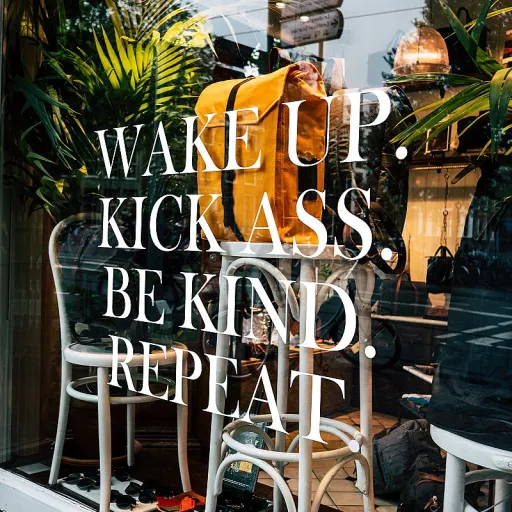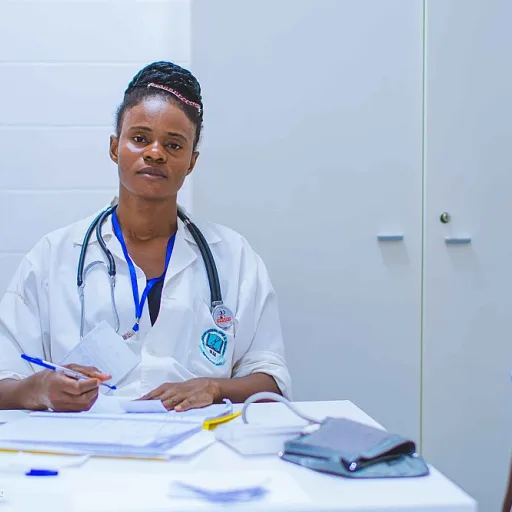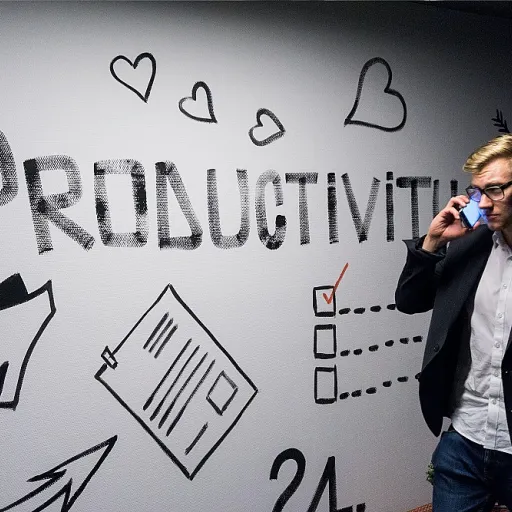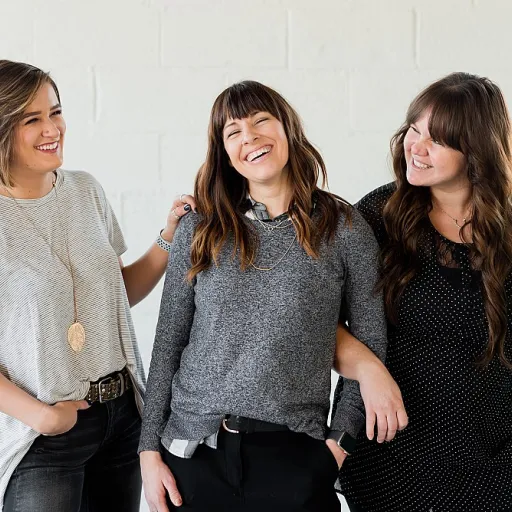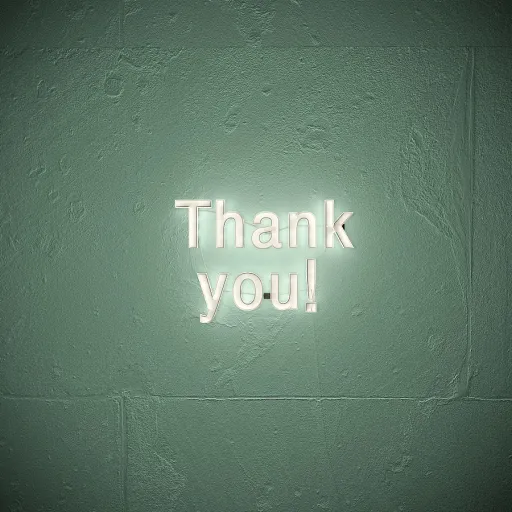
Understanding succession planning at Pebble Mobility
Building a Future-Ready Workforce at Pebble Mobility
Succession planning at Pebble Mobility is more than just preparing for leadership changes. It’s a strategic approach that ensures the company’s continued growth in the competitive automotive and consumer technology sectors. With a focus on innovation—especially in products like the Pebble Flow travel trailer—Pebble Mobility invests in identifying and nurturing talent across all functional teams, from mechanical design engineers to software engineering experts.
In the fast-evolving world of electric vehicles and smart manufacturing, Pebble’s approach to succession planning is designed to keep the flow of expertise steady. This means jobs in Fremont, Santa Clara, and San Jose are not just about filling open positions, but about building a pipeline of future leaders and technical specialists. Whether you’re a test engineer, product manager, or part of the cross-functional teams working on the latest trailer or motor design, you’re part of a culture that values growth and learning.
- Manufacturing and Engineering: Pebble Mobility’s succession planning ensures that mechanical and software engineers gain the experience needed to step into critical roles as the company scales production annually.
- Design and Innovation: Design engineers and product managers are encouraged to contribute to cutting-edge projects, such as the Founders Edition travel trailer, fostering a sense of ownership and vision for the future.
- Artificial Intelligence and Software: As AI becomes integral to vehicle design and consumer technology, succession planning includes upskilling employees in software engineering and data-driven decision-making.
This forward-thinking strategy not only secures Pebble’s position in the market but also offers employees true freedom to shape their careers. By focusing on both current needs and future opportunities, Pebble Mobility is building a resilient team ready to meet the challenges of tomorrow’s automotive landscape. For more on how tech firms can approach leadership transitions, explore effective strategies for CTO succession planning in tech firms.
How succession planning impacts career growth
Career Growth Paths Shaped by Succession Planning
At Pebble Mobility, succession planning is more than a corporate buzzword. It’s a practical framework that shapes how employees move forward in their careers, whether they’re in engineering, manufacturing, or product management. The company’s commitment to building the future of automotive and travel trailer technology means that career opportunities are closely tied to the evolving needs of the business and the skills of its people.
For those working on the Pebble Flow or developing cutting edge software for vehicle automation, succession planning provides a clear sense of direction. Employees can see how their current experience—whether as a design engineer, test engineer, or product manager—connects to future roles. This clarity helps teams in Fremont, Santa Clara, and San Jose understand what’s needed to move into more advanced positions, such as managing cross functional teams or leading new product launches like the Founders Edition trailer.
- Open jobs and internal mobility: Succession planning ensures that when a manager or senior engineer moves up or out, there’s a pipeline of talent ready to step in. This creates more open jobs internally, giving employees a chance to report job interests and pursue new challenges without leaving the company.
- Structured development: Employees in mechanical, software, and manufacturing roles benefit from targeted development plans. These plans are designed to prepare them for leadership, whether in automotive design, artificial intelligence, or consumer technology.
- Annual reviews and feedback: Regular performance reviews help identify high-potential employees and align their goals with Pebble’s strategic direction. This process supports true freedom in career choices, allowing team members to explore roles in different functional teams or locations, such as Clara USA or other manufacturing hubs.
Succession planning also encourages collaboration between departments. For example, a mechanical design engineer working on RV parts may partner with software engineering teams to integrate new features into the Pebble Flow. This cross functional approach not only broadens experience but also prepares employees for future leadership in a rapidly changing industry.
For more insights on advancing your career and influencing leadership decisions, check out this resource on how to lead upwards in succession planning.
Identifying high-potential talent within the company
Spotting Talent in a Fast-Moving Automotive Environment
At Pebble Mobility, identifying high-potential talent is a continuous process woven into the company’s culture. With the rapid evolution of consumer technology and the growing demand for innovative travel trailers like the Pebble Flow, the need for skilled professionals in engineering, software, and manufacturing is more important than ever. The company’s approach is to look beyond job titles and focus on the unique blend of experience, adaptability, and drive that employees bring to their roles.
- Cross-functional collaboration: Employees who thrive in cross functional and functional teams—such as design engineers working closely with software engineering and mechanical design—often stand out. Their ability to communicate across disciplines, whether in Fremont, Santa Clara, or San Jose, signals readiness for greater responsibility.
- Performance and initiative: Regular performance reviews and project outcomes help managers spot those who consistently deliver results, whether in product manager roles, test engineer positions, or hands-on manufacturing jobs. Employees who take initiative in building future solutions, like integrating artificial intelligence into vehicle systems, are closely watched for leadership potential.
- Openness to learning: Pebble values team members who seek out mentorship, participate in training, and embrace new technologies. This is especially true in cutting edge areas such as the development of the Pebble Flow founders edition or the integration of new motor and parts rving systems.
Managers use a mix of data-driven assessments and peer feedback to create a holistic view of each employee’s growth trajectory. For example, a design engineer who excels in both technical tasks and team leadership may be considered for advancement into a product manager or engineering manager role. Open communication about career goals is encouraged, helping align individual ambitions with the company’s needs.
It’s also important to recognize the impact of organizational changes, such as layoffs or reductions in force (RIF), on succession planning. Understanding the differences between these events and how they affect talent pipelines is crucial for maintaining a robust leadership bench. For more insights, see this guide on the differences between layoff and RIF in succession planning.
By consistently identifying and nurturing high-potential employees, Pebble Mobility ensures that its teams—whether in mechanical, software, or manufacturing—are ready to take on new challenges and drive the company’s mission of true freedom in mobility forward, year after year.
Training and mentorship programs for future leaders
Preparing Tomorrow’s Leaders: Inside Pebble’s Development Programs
At Pebble Mobility, preparing employees for future leadership roles is a core part of the company’s succession planning strategy. The focus is on building a strong pipeline of talent across engineering, manufacturing, and product management teams, ensuring that the next generation of leaders is ready to guide the company’s growth in automotive and consumer technology. Training and mentorship programs are designed to support employees at every stage of their career journey, from entry-level jobs in software engineering or mechanical design to more advanced roles like product manager or test engineer. These programs are not just about technical skills. They also emphasize cross functional collaboration, problem-solving, and leadership in fast-evolving fields such as artificial intelligence and vehicle design.- Mentorship: Employees are paired with experienced managers and engineers who provide guidance on navigating complex projects, such as the development of the Pebble Flow travel trailer or the integration of advanced motor systems.
- On-the-job training: Whether working in Fremont, Santa Clara, or San Jose, team members gain hands-on experience with cutting edge manufacturing processes, software tools, and design challenges unique to the automotive and RVing industries.
- Leadership workshops: Annual workshops bring together functional teams from across the company to share best practices, discuss the latest trends in consumer technology, and build the skills needed to lead cross functional projects.
- Open learning resources: Pebble encourages continuous learning, offering access to online courses and certifications in areas like mechanical engineering, software development, and product design.
Challenges and solutions in succession planning
Common Obstacles in Succession Planning
Succession planning at Pebble Mobility is a dynamic process, but it comes with its own set of challenges. The fast-paced nature of the automotive and consumer technology sectors, especially in areas like manufacturing and software engineering, means that roles and required skills are always evolving. This is particularly true for jobs such as design engineer, test engineer, and product manager, where the integration of artificial intelligence and cutting edge vehicle technology is constant.
- Talent Shortages: Finding employees with the right mix of experience in mechanical, software, and automotive engineering can be tough, especially in competitive regions like Fremont, Santa Clara, and San Jose.
- Rapid Technological Change: The shift towards smart travel trailers and advanced motor systems requires ongoing training for both new and existing team members.
- Cross-functional Collaboration: Building future leaders means fostering strong communication between functional teams, such as engineering, design, and manufacturing. Misalignment can slow down the flow of information and impact project outcomes.
- Retention of High-Potential Talent: As Pebble grows, keeping top talent engaged—especially those working on flagship products like the Pebble Flow and Founders Edition—remains a priority.
Strategies Pebble Mobility Uses to Overcome Barriers
Pebble Mobility addresses these challenges through a mix of structured programs and a culture of open communication. For example, regular feedback sessions help managers and engineers identify skill gaps and training needs. The company invests annually in mentorship and leadership development, ensuring that mechanical design and software engineering teams are prepared for future roles.
Cross functional projects, such as the development of new vehicle parts for RVing or the integration of artificial intelligence into the travel trailer lineup, encourage collaboration between departments. This approach not only enhances the experience of employees but also supports the company’s mission of building the future of mobility.
Employees report that these efforts make it easier to see a clear path for career progression, whether they are in a technical role like test engineer or a leadership track such as product manager. The open culture at Pebble, combined with targeted training, helps address the unique challenges of succession planning in a rapidly changing industry.
What employees say about career progression at Pebble Mobility
Employee perspectives on career progression and succession
At Pebble Mobility, employees across manufacturing, engineering, and software teams regularly share their experiences regarding career progression. Many highlight the company’s commitment to building the future of automotive and travel trailer technology, especially through the development of innovative products like the Pebble Flow and the Founders Edition. Feedback from engineers, product managers, and test engineers in Fremont, Santa Clara, and San Jose points to a strong culture of mentorship and cross-functional collaboration. Employees in mechanical design and software engineering roles often mention that working on cutting edge projects—such as integrating artificial intelligence into vehicle and motor systems—has accelerated their professional growth.- Design engineers appreciate the open communication channels with functional teams, which help them report job progress and receive timely feedback.
- Managers note that annual reviews and structured training programs are key to identifying high-potential talent and preparing them for leadership roles.
- Team members in manufacturing and automotive parts rving emphasize the value of hands-on experience and exposure to the latest consumer technology trends.





